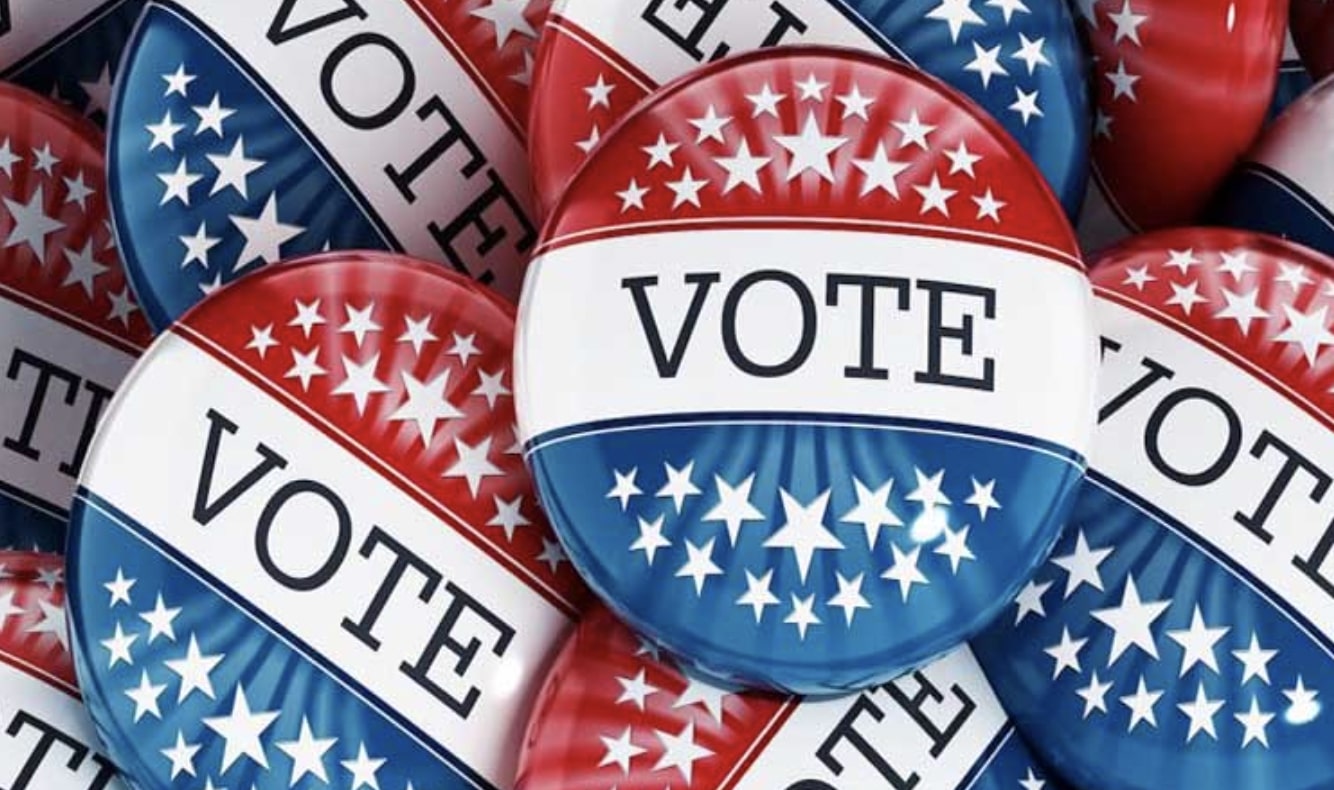
As the U.S. election season heats up like never before, Kamala Harris’ perceived chances of winning continue to gain traction on the blockchain-based betting platform Polymarket.
Users are actively buying and selling large volumes of shares on Harris’ potential victory, sparking an upswing in market activity. This increased interest highlights Polymarket’s growing role in gauging public sentiment and market predictions surrounding political events.
Polymarket operates by allowing users to buy shares predicting specific outcomes. Each share offers a payout in USDC (a dollar-pegged stablecoin), with prices reflecting the market’s perceived probability. For instance, if a “Yes” share for an outcome costs $0.60, it implies a 60% chance of that event happening. Over the past week, Harris’ shares have risen sharply—from $0.33 on October 30 to $0.44 just before the election count. In contrast, shares favoring Donald Trump have slipped from $0.66 to $0.55, indicating a shift in sentiment among Polymarket users.
Significantly, RealClearPolitics, a popular polling aggregator, shows the race as almost neck-and-neck, with Trump holding a slight edge at 48.5% to Harris’ 48.4%. Despite this narrow margin, market participants on Polymarket seem to be increasingly confident in Harris’ chances, possibly as a hedge against uncertainty or the volatile polling landscape.
Over the weekend, bets exceeding $10,000 and even $100,000 surged, driving up activity on Polymarket. Some traders with large “Yes” shares on both Harris and Trump have been offloading shares, likely to capitalize on recent price fluctuations. According to CoinDesk analysts, some of these bets appear to be strategic moves, with larger trades favoring Harris likely intended to mitigate risks in the event of a Trump loss.
Social media discussions and recent speculation about voting irregularities might also be driving trading decisions. Reports of alleged irregularities, particularly against Trump, have circulated widely online, feeding into traders’ calculations on Polymarket. While such claims remain unverified, their influence on election sentiment could sway betting activity.
One prominent figure in political betting, known as “Domer,” recently posted on X that they estimate Harris has a 55-60% chance of winning. Domer cited current polling and voter behavior trends to support this outlook, emphasizing that early voting patterns, particularly among Republicans, may suggest strategic shifts that are not fully reflected in public polling data. Historically, early voting patterns among Republicans have been lower, so this new trend could indicate either a more active voter base or a change in voter dynamics.
Additionally, some analysts point out that despite President Joe Biden’s current struggles with public approval, Republicans may not see the expected post-2020 surge in results. This observation has led to speculation that there could be a gap between polling predictions and the actual voter sentiment, adding another layer of complexity to election forecasting on platforms like Polymarket.











